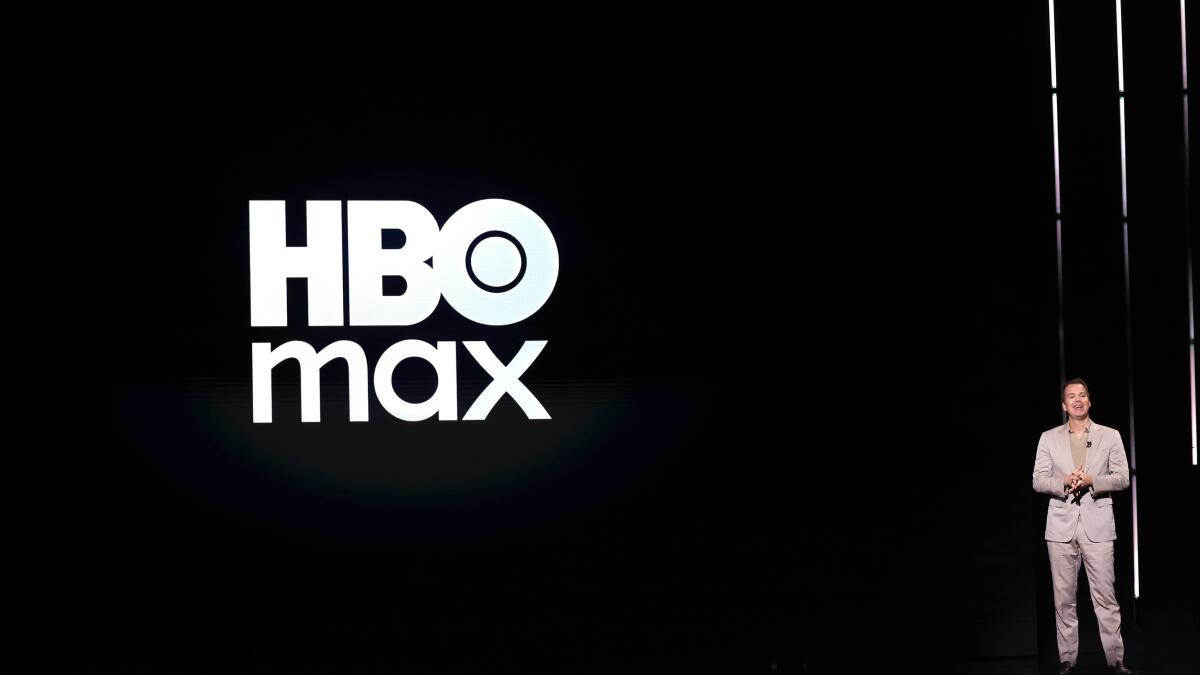Max gets a name change. It won't be its last.
Somehow HBO Max came back!
The news today is that Max is reverting its brand back to HBO Max.
To understand the thinking there, lets establish the timeline and consider the hows and why of what is happening with the branding of the streaming service we know as Max.
2015
Time-Warner launched HBO Now on April 7. A similar product had technicall…




